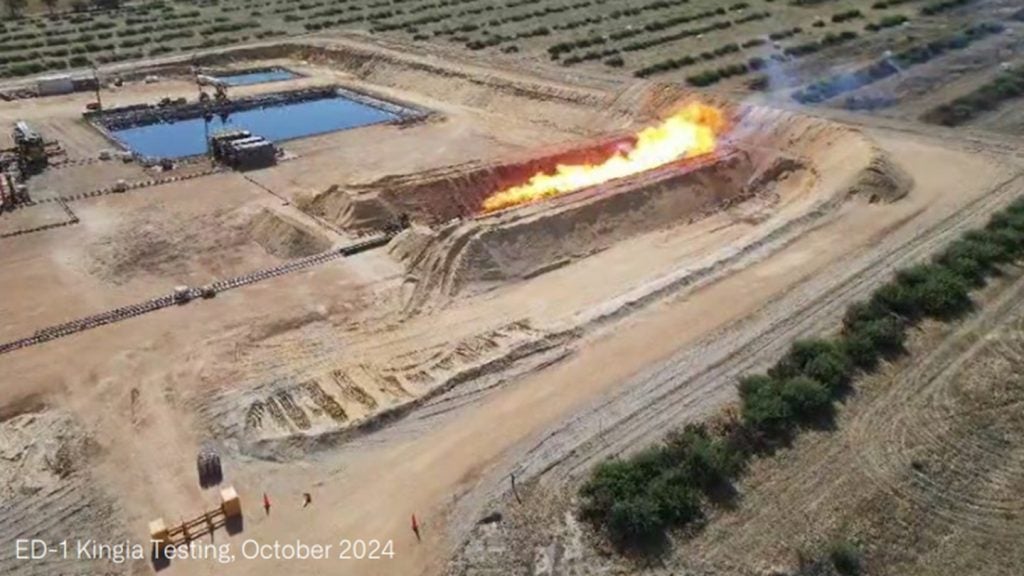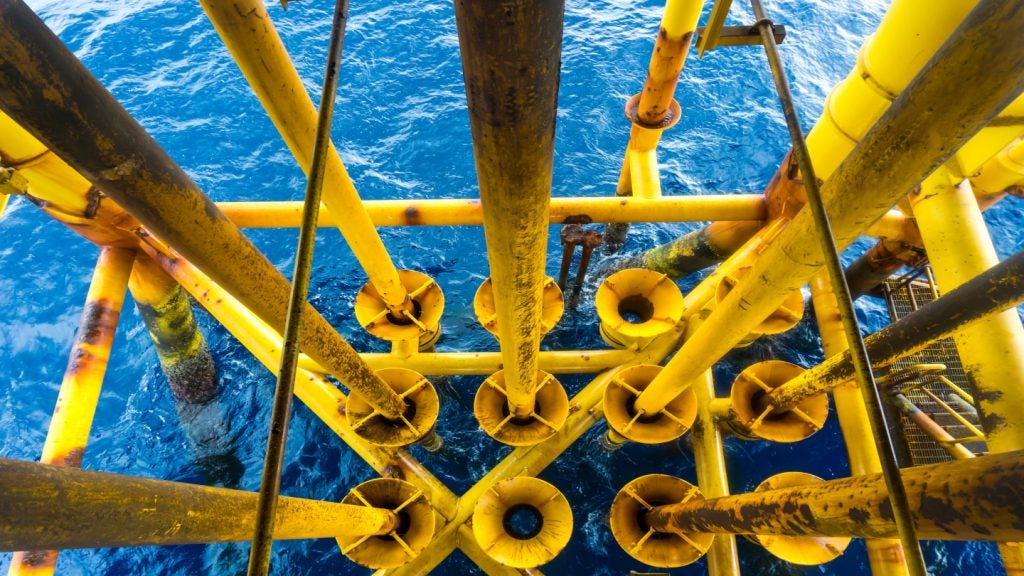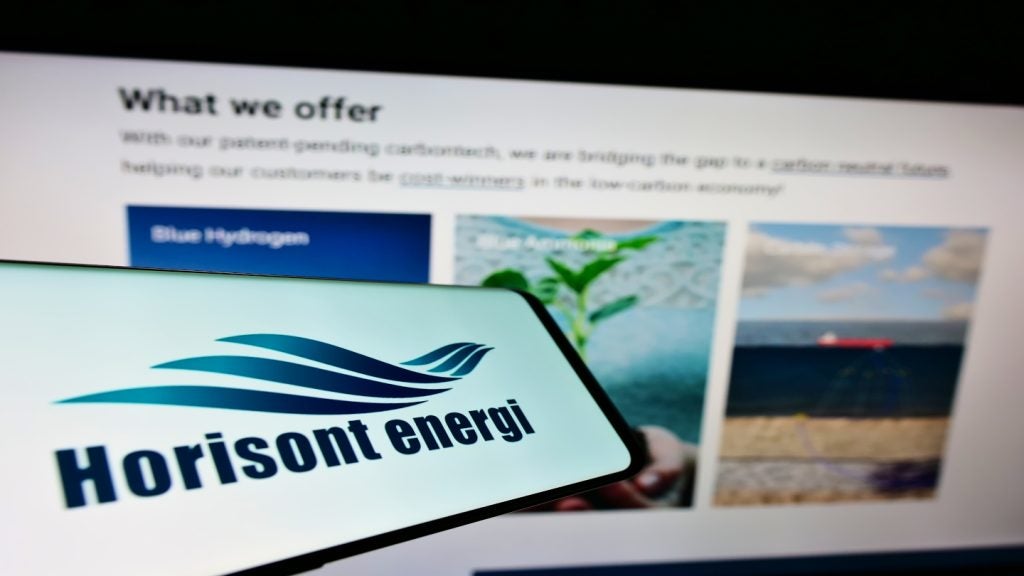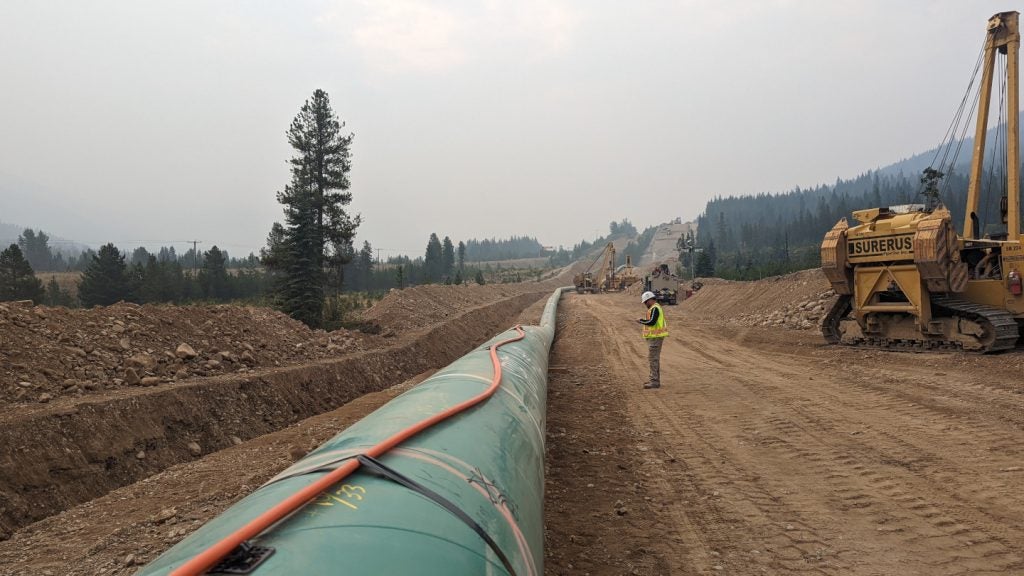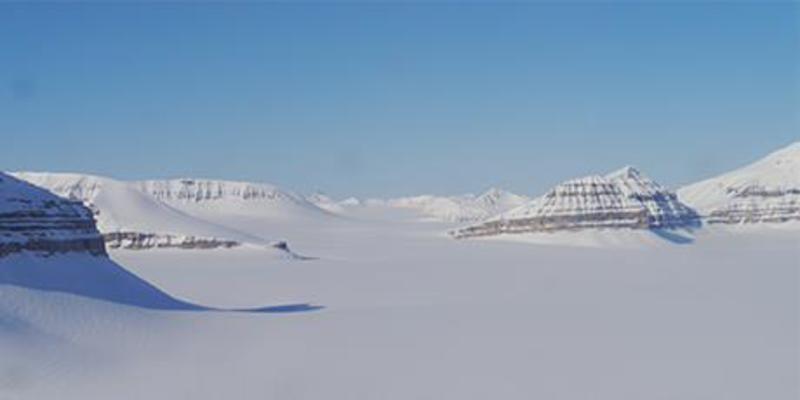
The UK’s Environmental Audit Committee (EAC) has released a report following an eight-month inquiry, stating that support for oil and gas exploration in the Arctic is incompatible with international climate change goals.
The EAC said that such activity could affect the UK achieving the Paris Agreement objectives, as well as the UN’s Sustainable Development Goals (SDGs).
In the report, MPs on the UK Parliament’s EAC concluded that the government is required to reconsider its encouragement to UK businesses to explore oil and gas opportunities in the Arctic.
The EAC recommended that ministers should set out plans to prompt the Arctic Council members to adopt a similar approach.
EAC chair Mary Creagh said: “The Arctic is changing rapidly and warming twice as fast as the rest of the planet. This brings potentially catastrophic consequences for the global climate, as well as commercial opportunities and risks.
“The government should start by acknowledging the incompatibility of its support for oil and gas exploitation with its climate change commitments. It can do this by setting targets in line with the Sustainable Development Goals.
How well do you really know your competitors?
Access the most comprehensive Company Profiles on the market, powered by GlobalData. Save hours of research. Gain competitive edge.

Thank you!
Your download email will arrive shortly
Not ready to buy yet? Download a free sample
We are confident about the unique quality of our Company Profiles. However, we want you to make the most beneficial decision for your business, so we offer a free sample that you can download by submitting the below form
By GlobalData“With interest in the Arctic from countries as far away as China and Singapore, the UK must ensure it remains a key player in its protection.”
Believing that environmental change in the Arctic is a global concern, the EAC is urging the government to strengthen its emissions targets in line with its obligations under the Paris Climate Agreement and the Climate Change Act.
The government should also increase funding and establish a timeline for a comprehensive plan for reducing plastic pollution in the UK.
Additionally, a series of adaptation targets need to be in place for the next iteration of UK Arctic policy within the next one year.
The EAC highlighted that as more ice melts, the opportunities for shipping will rise, which bring the threats of oil spills, as well as increased carbon emissions and plastic pollution.
The government is needed to press the International Maritime Organisation to ban heavy fuel oils and designate the Arctic as a special sensitive area, the report stated.



